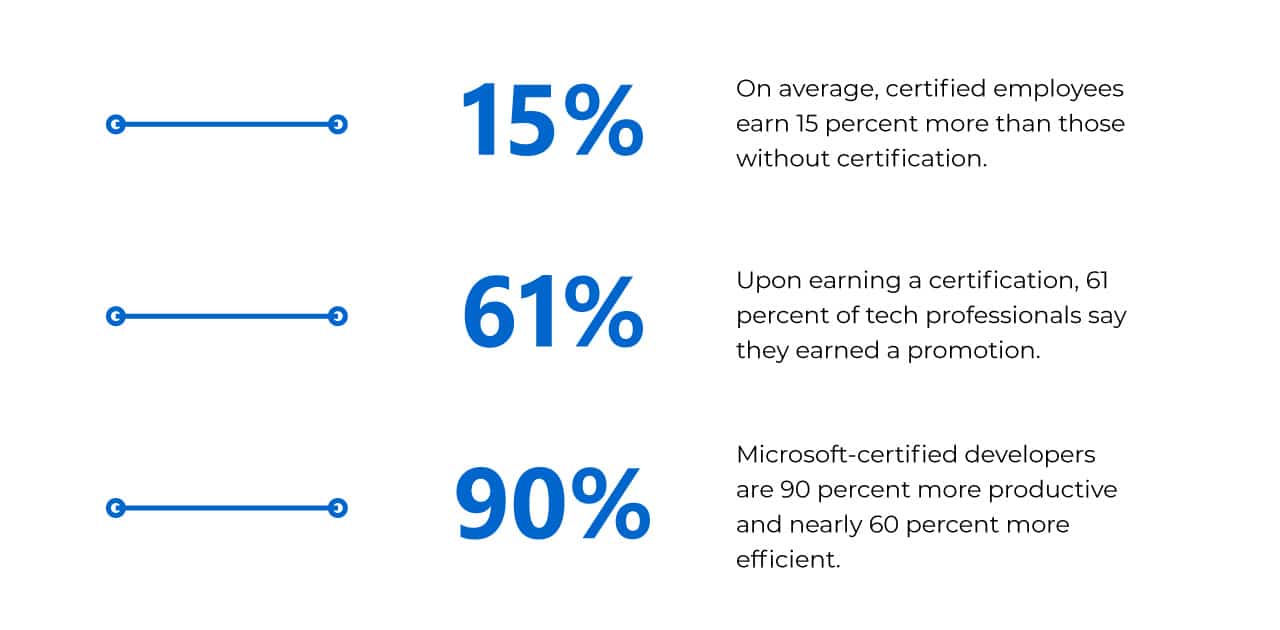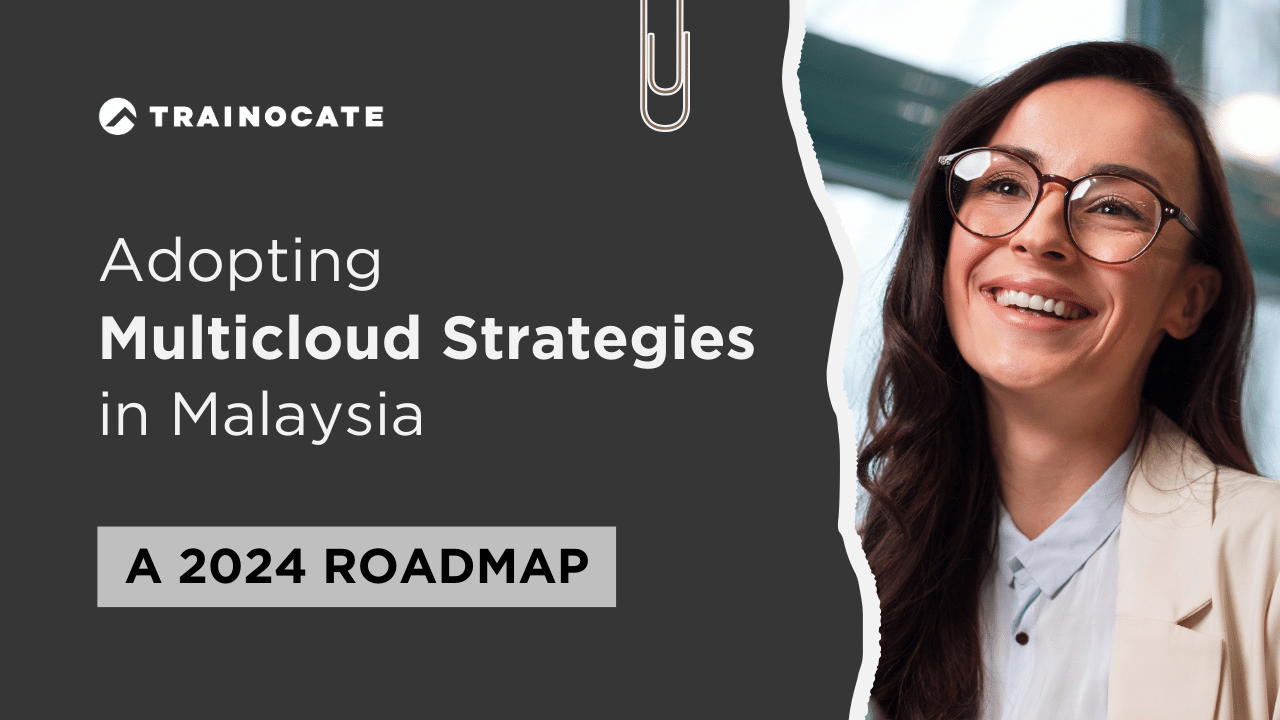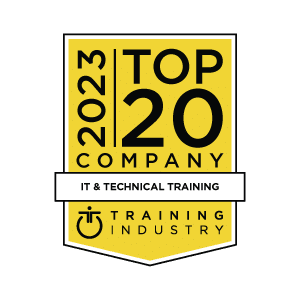Microsoft Certified: Azure AI Engineer Associate
Microsoft Certified: Azure AI Engineer Associate
Level up with Microsoft Certifications.
Microsoft Azure is a powerful cloud platform that can help you do everything from empowering productivity and ensuring security, all the way down to driving efficiency. The service provides cost-savings for any enterprise looking at making their business more profitable while also enabling them with resiliency in case something goes wrong.
Certifications are a great way to identify skills needed in order to build out your workforce, but what about the IT professionals who want an edge? Microsoft Azure Certifications can help you get ahead of other employees. Whether it’s growing within career or earning recognition for expertise-you’ll find that these certifications will make sure employers know exactly where they stand when recruiting new talent.
How you can benefit from Microsoft Azure.
- Trust your cloud
Get security from the ground up, backed by a team of experts, and proactive compliance trusted by enterprises, governments, and startups.
In fact, security is foundational for Azure. Take advantage of the best security in Azure with multi-layered protection offered across physical datacenters, infrastructure and operations. You can be assured that cyber experts are monitoring your business assets for you – protecting data at all times.
- Operate hybrid seamlessly
On-premises, across multiple clouds, and at the edge—we’ll meet you where you are. Integrate and manage your environments with services designed for hybrid cloud.
- Build on your terms
With a commitment to open source, and support for all languages and frameworks, build how you want, and deploy where you want to.
- Be future-ready
Continuous innovation from Microsoft supports your development today, and your product visions for tomorrow.
The Future of Jobs, Powered by AI
The future is here, and it’s powered by artificial intelligence. If you have a knack for designing cutting-edge technology to make everyday life easier or cheaper then there’s never been an opportunity like this before. Organizations are also scrambling to look for engineers who can create AI-enabled apps and bots to help improve customer service, drive cost savings, accelerate decision-making, and build agility and resilience with this new breed of digital technologies.
Does this sound like you?
As an Azure AI engineer, you build, manage, and deploy AI solutions that leverage Azure Cognitive Services, Azure Cognitive Search, and Microsoft Bot Framework. And you participate in all phases of AI solutions development—from requirements definition and design to development, deployment, maintenance, performance tuning, and monitoring.
Level up with Microsoft Certified: Azure AI Engineer Associate
Do you spend your time imagining what you could do with artificial intelligence (AI)—and then putting AI to use?
There are endless ways to demonstrate your AI skills. You could build an app that translates speech in near real time or one where you help identify parts of a motor while training with mixed reality technology. If you have experience building with AI, it’s time to prove your skills.
The Microsoft Azure AI Engineer certification is a gateway to the world of cutting-edge artificial intelligence. This certification gives you the chance to prove your expertise in cognitive services, machine learning, and knowledge mining to architect and implement Microsoft AI solutions involving natural language processing (NLP), speech, computer vision, and conversational AI.
You’re on the right path to this certification if you have a deep understanding of AI requirements, how it can be applied in various industries and technologies for solving problems. You will also need experience implementing tools that meet scalability needs performance considerations as well when designing end-to-end solutions with data scientists or other specialists involved throughout development processes.
You should have experience designing and implementing AI apps that use Microsoft’s proprietary cloud services, such as Azure Cognitive Services and Cognitive Search, Azure Bot Service, and data storage in Azure. Plus, you should be able to recommend solutions that use open-source technologies, understand the components that make up the Azure AI portfolio and the available data storage options, and know when a custom API should be developed to meet specific requirements.

What kind of knowledge and experience should you have?
Candidates for this exam should be proficient in C# or Python and should be able to use REST-based APIs and SDKs to build computer vision, natural language processing, knowledge mining, and conversational AI solutions on Azure.
They should also understand the components that make up the Azure AI portfolio and the available data storage options. Plus, candidates need to understand and be able to apply responsible AI principles.
How can you get ready?
To help you plan your journey, check out the infographic. You can also leverage our Azure certification guide which contains other valuable help for Azure AI Engineer Associates or anyone interested in pursuing a Azure certifications in general.
Follow the sequence in the infographic to map out your journey. First, decide whether this is the right certification for you.
Skills Covered
- Describe considerations for AI-enabled application development
- Create, configure, deploy, and secure Azure Cognitive Services
- Develop applications that analyze text
- Develop speech-enabled applications
- Create applications with natural language understanding capabilities
Are you new to Azure AI? If you answered YES, then consider the Microsoft Certified: Azure AI Fundamentals certification instead.
Most Popular Questions About Azure Certifications
1) Are Microsoft Azure certifications worth it?
Azure certifications offer IT, professionals, an edge in this cloud-based and connected world. Job seekers and seasoned professionals alike can use Azure certifications to help advance their career—in their existing organization and role or in new ones—earn recognition, and validate their technical knowledge and abilities in current and future industry job roles and organizations can use certifications to identify the talent they need and build the technical skills of their workforce
2) How does Microsoft Azure certifications benefit me?
Azure certifications are globally recognized and industry-endorsed. They’re used both by job seekers (individuals) and by talent seekers (organizations) as a way to validate that a candidate has the skills to do the job. They’re a powerful differentiator in the quest to match skilled talent to key jobs in the digital age.
Whether you’re looking to level up your career or to jump-start a new one, you can use Azure certifications to build and validate your technical knowledge and abilities in the modern cloud environment. In these unsettling times, earning your Microsoft Certification can help provide you with the edge you need with organizations that are seeking skilled talent.
3) Why are Microsoft Azure certifications so important in today’s landscape?
Azure is the most widely used cloud computing platform, leading the cloud industry forward globally. A large majority of organizations and enterprises – small and big, have made the leap towards embracing cloud technology. This paradigm shift has also revealed that organizations want to remain competitive as the demand for cloud based and centered solutions grows daily, directly affecting the need for technology professionals with cloud knowledge.
Microsoft has been at forefront of ensuring that the global workforce is prepared to take on this substantial task by validating and certifying top applicants who are the best suited for a specific job position, according to Microsoft. Microsoft certifications can undoubtedly add value to a candidate’s professional journey as most businesses now prefer to have prospective employees with certifications on tow.
4) What are the available levels of Azure credentials?
There are four levels of Microsoft certifications Azure Certification path levels, covering beginner to expert level azure cloud certification.
- Fundamentals – If you are a beginner, your Azure journey will start with Azure Fundamentals certification. Candidates with non-technical backdrop can also step into cloud computing through these certifications.
- Associate – Candidates who have a fair idea of Azure can aim toward associate certifications.
- Expert – You can obtain an expert certification if you have experience, a solid comprehension of the subject, and associate-level familiarity with Azure.
- Specialty – It is the highest level Azure certification. Candidates can opt for this Azure certification, if they want to apply for roles like Azure IOT Developer Specialty and Azure for SAP Workloads.
5) Will Azure work for my industry?
Azure provides solutions for all industries, through proven combinations of cloud products and services. Address your industry-specific business challenges today, and prepare for the future by innovating with Azure solutions.
6) How does Azure compare to other clouds?
Azure is the only consistent hybrid cloud, delivers unparalleled developer productivity, provides comprehensive, multilayered security, including the largest compliance coverage of any cloud provider, and you’ll pay less for Azure as AWS is five times more expensive than Azure for Windows Server and SQL Server.








